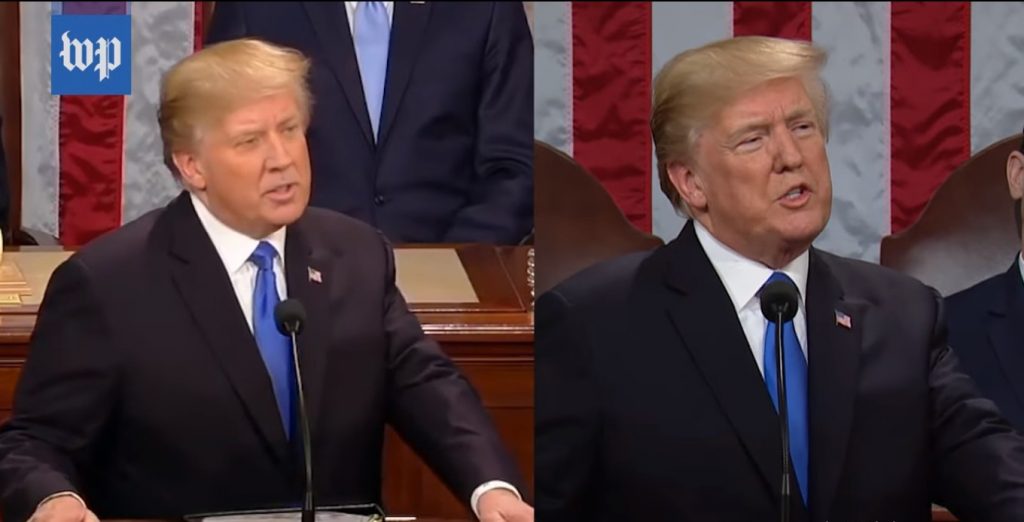Deepfake: A Real Tech Wonder that Poses Problems
In 2017, Reddit user “deepfakes” shared pornographic videos featuring celebrities through the Reddit community r/deepfakes.These were not real videos of real celebrities in compromising sexual acts. These were videos with celebrity faces superimposed on the bodies of porn actresses in real porn videos. Then there was also the non-pornographic but intriguing videos of Nicolas Cage appearing in various movies using the same technique employed in deepfake porn. These are believed to be the origin of the emerging real problem now that is deepfake.
What Is Deepfake?
The term deepfake is a combination of the words “deep learning” and—obviously—”fake.” It is the result of incorporating artificial intelligence with human image synthesis. In layman’s terms, it is a video that features the manipulation of the face to make it appear that somebody is doing something caught in video or present in a scene when that somebody is actually not involved. In short, it is the video counterpart of “Photoshopped” photos.
Deepfakes are used to produce fake scandal or pornography videos of famous people. They can also be used for revenge porn. Worse, they can be employed in spreading fake news and hoaxes to attack people, organizations, institutions, or governments. They can significantly bolster the spread of fake news as most people are still convinced that videos are difficult to fake. It’s one thing being attacked by manipulated photos and spliced audio clips; it’s a completely different animal being faced with deepfake videos supporting a fake news article.
Who Created It?
Deepfakes may not be attributed to a specific person or group, but what’s certain is that its development comes from both the academic field and from amateurs.
For a long time, there have been research that are somewhat related to deepfakes in the field of computer vision. Researchers have been trying to make use of artificial intelligence for the processing of digital images and videos. In 1997, the landmark project Video Rewrite debuted. This program was capable of modifying a video to make it appear that a person is speaking words different from the original audio track for the video. It makes a person in the video mouth words from a different audio track. It took advantage of machine learning to automate the reanimation of the face to synchronize the mouth and face with a different audio.
More recently, there’s the “Synthesizing Obama” program, which focused on modifying videos of ex-president Barack Obama to make him “say” words from a different audio file. This program supposedly seeks to come up with a photorealistic technique for simulating the suitable mouth shapes from an audio track.
When it comes to amateur deepfakes, there’s a multitude to find online especially on Reddit. Most of which are pornographic in nature. Reddit eventually had to respond by banning these deepfakes on the platform, as they are considered involuntary pornography. Some of the famous personalities victimized by deepfake porn include “Taylor Swift, Gal Gadot, Emma Watson, and Scarlett Johansson.
The Deepfake Problem
With celebrity faces on deepfake pornography, the problem is quite obvious. It’s easy to malign anyone’s reputation in convincing ways through fake videos. Even less gullible online denizens may fall for fake news, hoaxes, or other malicious information spread on the internet. It’s difficult to belie the facts presented in a video of someone who totally resembles a famous personality.
Imagine a video of Robert Mueller or Hillary Clinton, for example, completely exonerating Donald Trump. How about seeing the Chinese president uttering insults against Trump and America? That could result in the further worsening of the ongoing trade war between the United States and China, which has already resulted in the ban on Huawei.

Image credit: Washington Post Youtube video on Deepfake
Even more worrying is the fact that the tools for making deepfakes can be obtained for free. All it takes is some resourcefulness, the eagerness to learn how to make things work, and the patience to keep trying until you perfect the desired output. There’s even a deepfake algorithm that makes it possible to edit a video by simply changing the texts of what a speaker is saying.

The internet at present already has a plethora of fake news, falsehoods, hoaxes, misleading information, deceptive articles, and other truth-challenging content. The emergence of deepfakes is only making all of these unwanted aspects of the internet even more worrying.